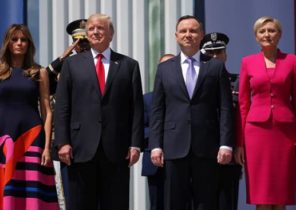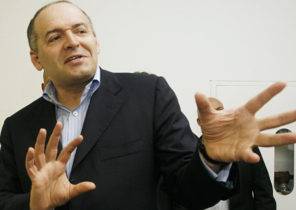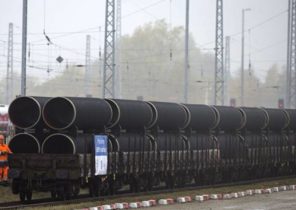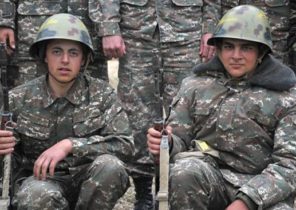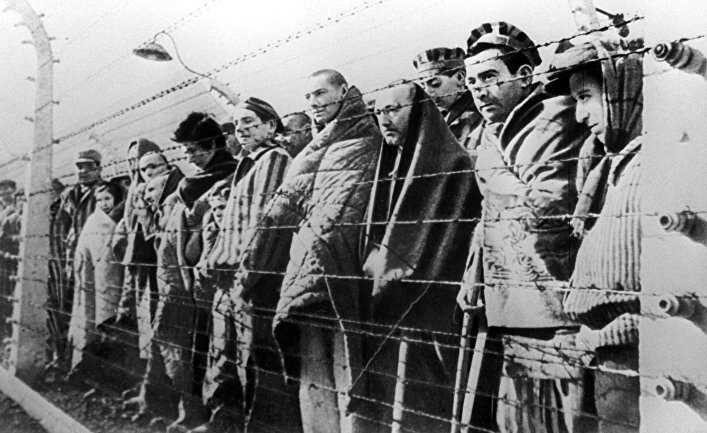
Soviet General Vasily Petrenko in a military uniform with the order of Lenin on his chest, slowly strolled along one of the streets of Jerusalem. It was in 1992, and he arrived in Israel to attend the ceremony in memory of the victims of the Holocaust.
And then Petrenko has noticed an elderly man slowly walking towards him. It was a form of soldier of the red Army. The veteran came to the Soviet guest, saluted and blurted out in Russian: “Colonel Petrenko, allow me to introduced himself: ordinary Naum Weinberg, 107 division”.
So almost half a century later, again met two people who participated in the liberation of prisoners of Auschwitz on 27 January 1945. While Petrenko was one of the commanders of the offensive, organized on the territory of Poland against the Nazi death machine which killed about 1.1 million people. More than 90% were Jews.
I remembered Petrenko last Friday (27 January), the international day of remembrance of the victims of the Holocaust. This date was established by the United Nations. The General’s acquaintance I had in the 1990s when I worked for Folha correspondents in Moscow, and we struck up a strong friendship. The General died in Moscow in 2003 at the age of 91 years.
After our first interview, I visited him frequently. Diligently listen to his stories about the Second world war and judgments about the tumultuous days of the collapse of the Soviet Empire.
Address of General Petrenko was symbolic: Victory square, building 1. In that area lived many former soldiers of the red Army, and my host stood out among its neighbors an enviable physical shape. At that time he was 80, and he loved to share the secret of his health and longevity. “55 years with his wife!” he said.
During the Second world war Vasily Petrenko became one of the youngest commanders of the red Army. “I have seen a lot: how people were hanged and burned, — he admitted in one of his interviews to foreign media. But then I was not ready to Auschwitz”.
In spite of the remembrance of the bloody days of the war, General warmly recalls two of his colleagues. Petrenko did not get tired to emphasize the role of General Pavel Kurochkin, commander of the 60th army, which on their own initiative decided to accelerate the advancement of Soviet troops to the Crimea to put an end to the atrocities of the Nazis.
Soviet General also often thought about the Semen Besprozvanny. “It was a Jewish fighter of my division, — said Petrenko. — He died trying to break through to the camp.” Besprozvanny was buried in Krakow, there are buried about a hundred military divisions under the command of Petrenko.
As one of participants of events that will forever remain in the history of the twentieth century, Petrenko has frequently expressed its concern at the tendency of revisionists to belittle Nazi atrocities. He struggled with this kind of position for your books, interviews and lectures.
In 1992, going along with the ordinary Nahum Weinberg on the pavement in Jerusalem, he spoke about the need to preserve such heritage, about the need to combat historical revisionism. And this problem is still relevant today.

